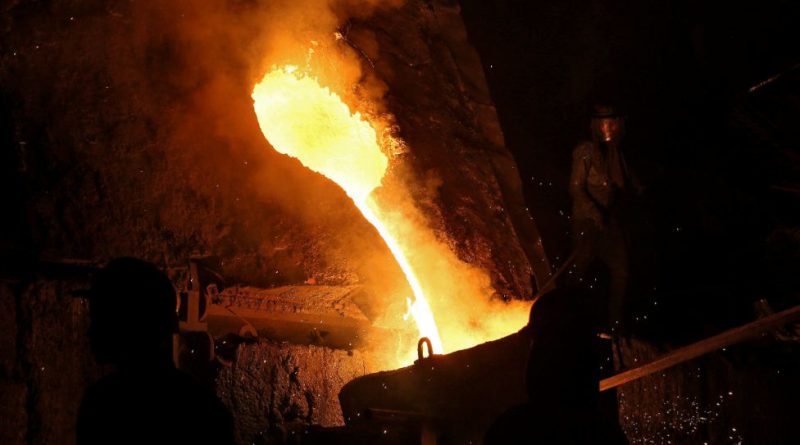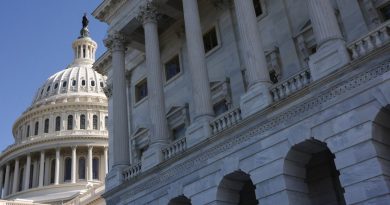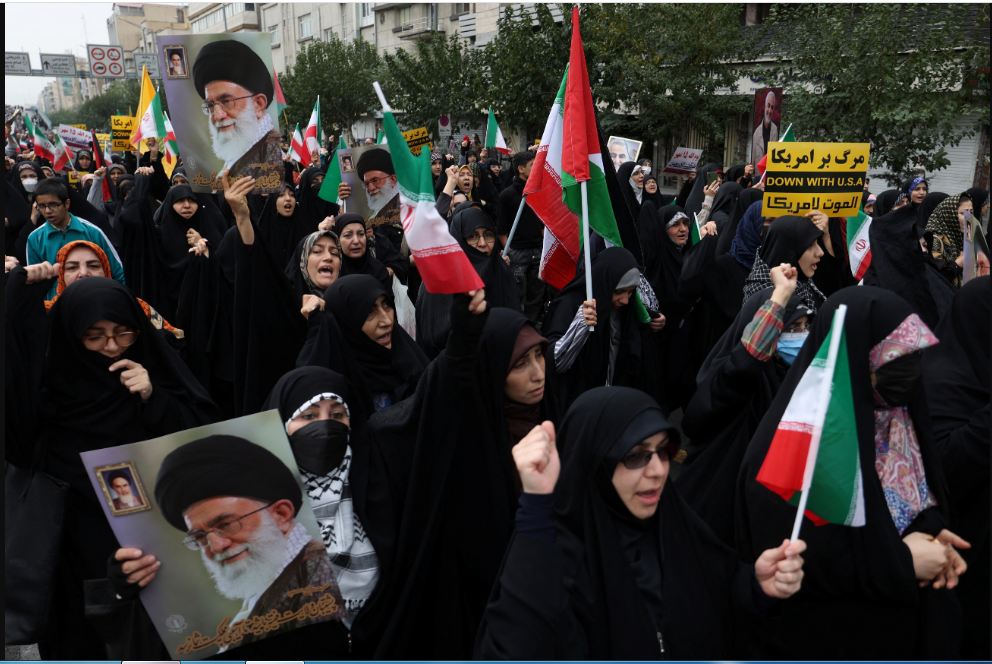Exclusive: India to reject call for anti-subsidy tax on certain Chinese steel products
New Delhi (Reuters) – India will not impose countervailing duty (CVD) on select steel products imported from China despite a recommendation from trade officials and lobbying from local steel manufacturers, a government source told Reuters.
In a rare move, the ministry is to reject the recommendation by the Directorate General of Trade Remedies (DGTR) to impose 18.95% CVD on certain flat-rolled steel products imported from China for five years, the finance ministry official directly involved in the matter, told Reuters.
The decision by the finance ministry aims to protect steel consuming firms from higher prices even though it could hurt local steel manufacturers, the source said.
“Imposing CVD protects manufacturers, but users end up paying a higher cost,” said the official, who did not want to be named because a final decision has not been made public. “So you have to balance the interest between users and manufacturers.”
CVDs are additional taxes imposed on imported goods or products that are subsidised in their home country thus hurting the industries in the country importing them.
As per World Trade Organisation rules, a member country is allowed to impose an anti-subsidy duty if a product is subsidised by the government of its trading partner.
CVD by India on such Chinese products was removed on February last year and over 170 Indian steel companies including Jindal Stainless Ltd (JIST.NS) and Steel Authority of India (SAIL.NS) have backed a petition to re-impose CVD for another five years, as per the DGTR report.
In April DGTR – which is India’s trade ministry’s arm that investigates unfair trade practices – recommended CVD on some stainless steel flat products.
The finance ministry has rejected the recommendation despite steel purchases from China touching a six-year high in April-May period, with imports rising 62%.
The official said that imposing CVD would have hurt small and medium consuming companies while benefiting a few large conglomerates at a time when the economic recovery in India was rapid but uneven.
The decision will further help Chinese shipments at a time when Asia’s largest economy is poised to export the most steel this year since 2016, as it was already benefiting from a weakening yuan and competitive prices, amid weak demand at home.
India’s finance and trade ministry did not immediately reply to emails sent after office hours.



